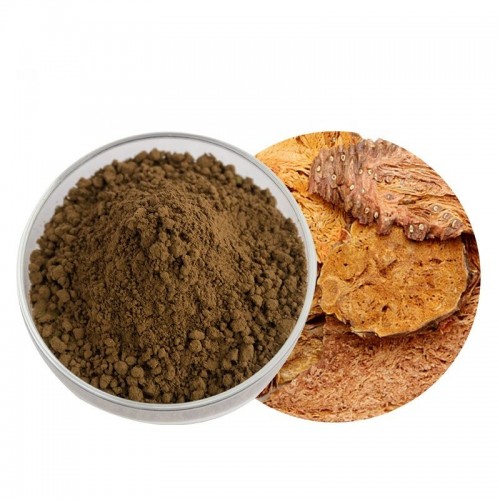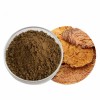



Rhodiola (also known as Arctic Root, Golden Root) is one of the Crassulaceae plants, which are native to the Arctic Circle in Eastern Siberia. Rhodiola is widely distributed in the polar circle and mountainous regions of Europe and Asia. It grows more than 11,000 to 18,000 feet above sea level. Rhodiola rosea was classified as an adaptogen by Soviet scientists because of its ability to increase a variety of chemical, biological and physical stress abilities. The term adaptogen originated in 1947 and was proposed by a Soviet scientist Lazarev. He defined an "adaptogen" as a drug that can neutralize unfavorable physical, chemical or biological stress by generating non-specific resistance. Rhodiola has been intensively studied in the Soviet Union and Sri Lanka for more than 35 years. Similar to other plant adaptogens studied by Soviet scientists, Rhodiola rosea extract has caused beneficial changes in various physiological functions in different fields, including neurotransmitter levels, central nervous system activity and cardiovascular function.
| Assay | Salidroside≥5% | 10% | ||
| Odor | Characteristic | Complies | ||
| Loss on drying | <5% | 3.35% | ||
| Ash | <5% | 2.06% | ||
| Residual solvents | Negative | Complies | ||
| Residual pesticides | Negative | Complies | ||
| Heavy Metal | <10ppm | Complies | ||
| Arsenic (As) | <1ppm | Complies | ||
| Lead(Pb) | <2ppm | Complies | ||
| Cadmium (Cd) | <1ppm | Complies | ||
| Mercury (Hg) | <0.1ppm | Complies | ||
| Microbiology | ||||
| Total Plate Count | <1000cfu/g | 95cfu/g | ||
| Yeast & Mold | <100cfu/g | 33cfu/g | ||
| E.Coli | Negative | Complies | ||
| S. Aureus | Negative | Complies | ||
| Salmonella | Negative | Complies | ||
| Pesticides | Negative | Complies | ||
| Conclusion | Conform with specification | |||
| Specification | 1%,3%,10:1,50:1 | |||
| Mesh | 100% pass 80 mesh | |||